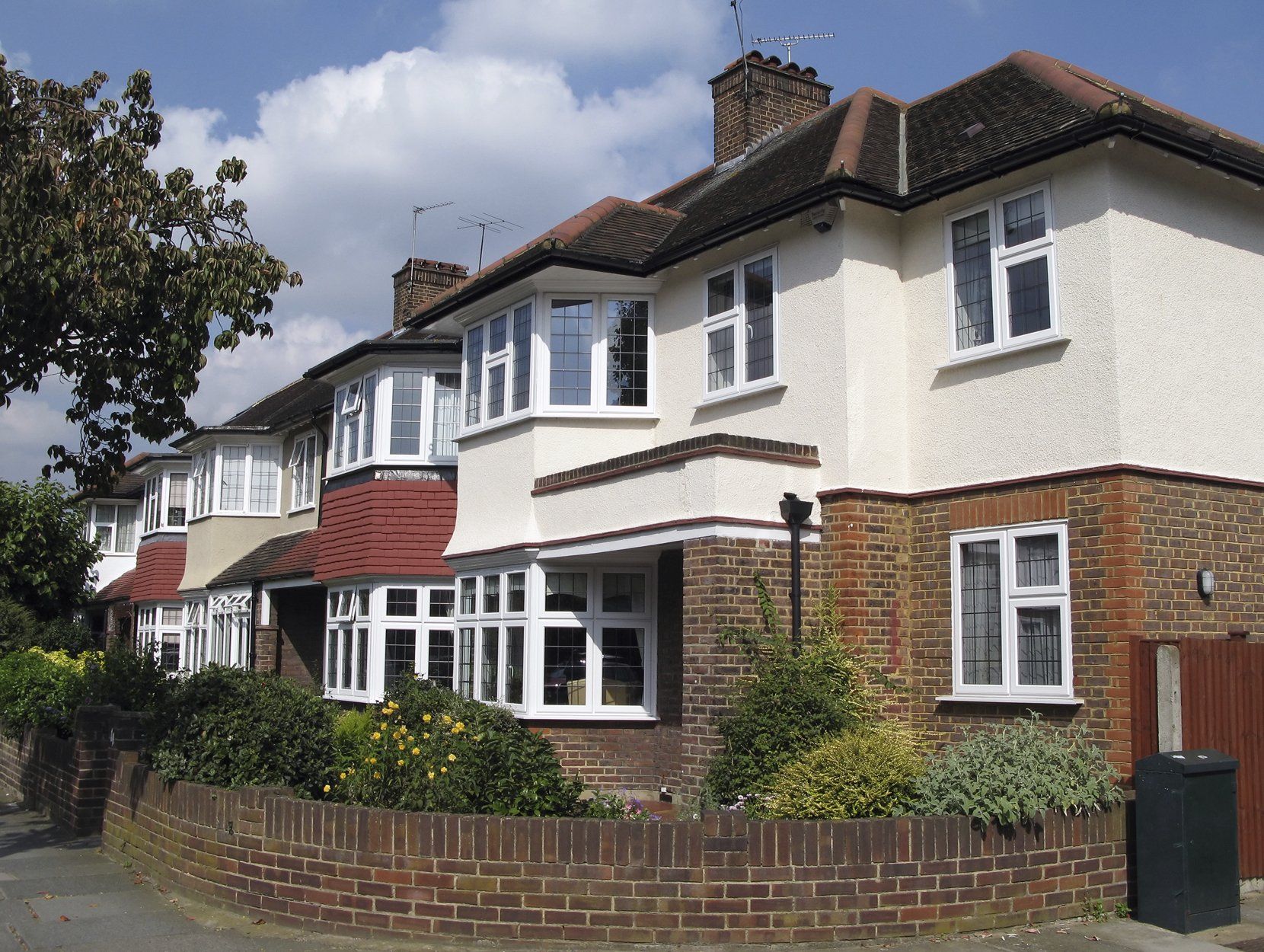Mould in your home, what is it and what can be done?

We are seeing an increasing amount of tenants complaining of mould in their rental property, but what is it and what can be done?
In order to tackle the problem, you need to find the root of the issue. What can cause mould?
·Humidity
·Condensation
·Rising damp
·Poor ventilation
·Drying clothes indoors
·Cooking
·Showering
·Water pipes
·Uncleanliness
Anything you do that emits heat and/or water, the moisture in the air cannot escape and will cause a perfect environment to grow mould. It is very important to tackle mould before it harms you and your family, certain groups of people will be more affected than others. For example, Infants, children, elderly, cancer patients and pets.
Mould can seriously affect your health; it can trigger various health issues such as:
·Respiratory infections
·Asthma
·Wheezing
·Allergic reactions
·Sneezing
·Coughing
·Depression
·Eczema
·Weaken immune system
Your house should be a safe and warm home, there are ways to avoid mould and to get rid of it. As a council / housing association tenant, you should report your mould concerns to your landlord as soon as possible and urge them to help. Social landlords have a responsibility to make sure your home is fit for habitation, it is their responsibility to fix a mould problem where caused by poor maintenance.
If you have reported the issue to your landlord, and have been ignored for over 3 months (12 weeks) – we can step in. Our team will issue a Letter of Claim detailing the issues at your home, they have 20 days to respond. We also pay for a surveyor to carry out a full evaluation.
Once an inspection report is created, along with a copy of your tenancy file we will move towards settlement and if necessary, issue court proceedings. Members of our team will work hard to ensure repairs are completed within a set time frame with compensation to be paid for your inconvenience.
Our services are completely free to tenants. Our legal fees are paid by the Council or Housing Association upon successful completion of your claim. We would not put our clients in a position where they would have to pay a penny.
For a free, no-obligation call, please contact us on 0800 610 2223 or email info@mlasolicitors.co.uk.
Alternatively, please fill in the contact form on our website or reach out on social media.
Contact Us
We will get back to you as soon as possible.
Please try again later.








PLEASE NOTE: MLA Solicitors operates a zero-tolerance policy at all times. With this, any behavior our employees deem abusive, harassing or intimidating in any way (whether written, verbal or otherwise) and that is incurred from clients at any stage in their claim will result in their retainer being cancelled indefinitely and with immediate effect.

MLA Solicitors' Complaints Process
If you become unhappy or concerned about our services, we have included details of our complaints process here.
Business Hours
- Mon - Fri
- -
- Sat - Sun
- Closed
t:
0161 713 0399
e: info@mlasolicitors.co.uk


